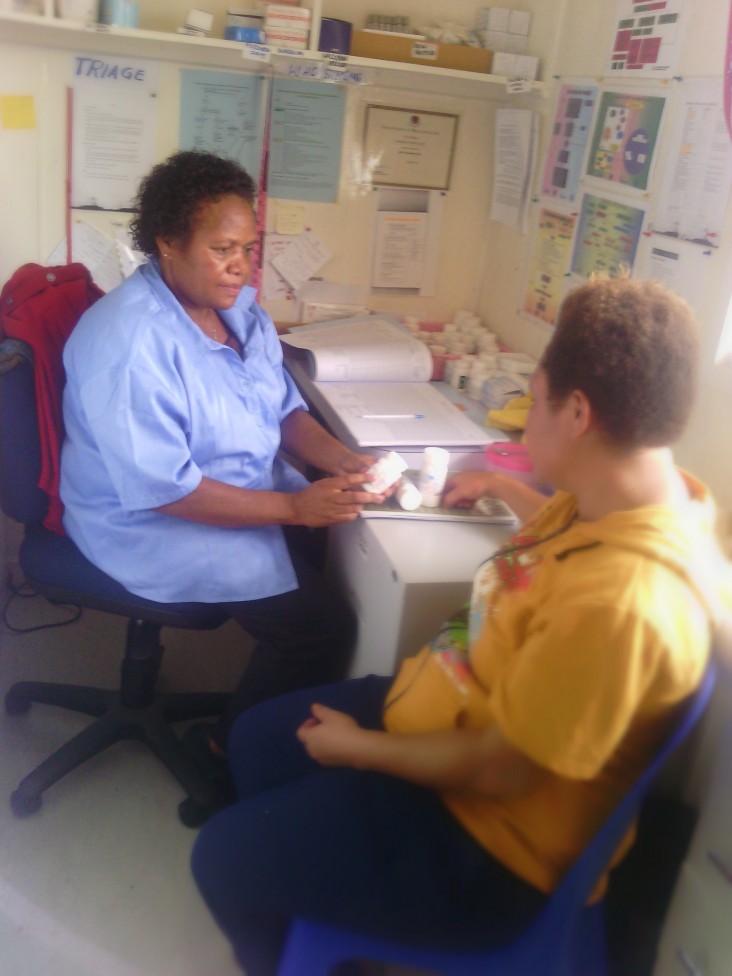
An alarmingly high prevalence of HIV in certain populations of Papua New Guinea (PNG) is impacting the nation’s ability to advance its economy and allow for lasting prosperity. The Government of PNG estimates that in 2014, 37,000 people were living with HIV. An estimated 20,000 people were receiving medical treatment. The national adult (15-49 years) HIV prevalence is estimated to be 0.7%, with the highest rates in the Highlands and Southern regions, (0.91% and 0.89%, respectively). The Southern Region includes the National Capital District.
A “concentrated” epidemic exists within populations that are at higher risk for exposure to the virus, including female sex workers, men who have sex with men (MSM), and transgenders (people whose self-identity does not conform to conventional notions of male or female gender). A survey conducted in 2010 among people who sell sex in Port Moresby reported an average prevalence of 17.8%. To identify causes for this high prevalence FH1 360 conducted a survey, which revealed risky behaviors and specific vulnerabilities among this population:
- 58% of MSM were sexually abused in 2011
- 33% of women in transactional sex had an ulcerative sexually transmitted infection or rectal infection in 2010
- 9% of MSM had never used a male latex condom
- 63% of MSM who were known to be selling sex had been rejected by their families
- 61% of women who were known to be selling sex had been rejected by their family
- 49% of women reported having been denied services when they disclosed that they sold sex
In response to these issues, USAID is working to increase access to quality HIV prevention, care, and treatment services and mitigate the impact of the disease on these populations, their sexual partners, and their families. This aligns with the goals of the U.S. Global Health Initiative and USAID/Pacific Islands Special Objective for PNG to mitigate the impact of HIV/AIDS. The project also aligns with the Government of PNG’s National AIDS Strategy, 2011-2015 – to reduce the transmission of HIV and other sexually transmitted infections and to minimize their impact on individuals, families and communities.
ACTIVITIES
To conduct these activities, USAID and FHI360 work in close collaboration with local stakeholders, including the National Department of Health, the National AIDS Council Secretariat, civil society organizations, and provincial health offices. Local partners from the National Capital District, Madang and Port Moresby include the Salvation Army, Foursquare Church (Living Light Health Services), Family and Sexual Violence Action Committee, Madang Provincial Health Office and Voluntary Service Overseas.







Comment
Make a general inquiry or suggest an improvement.